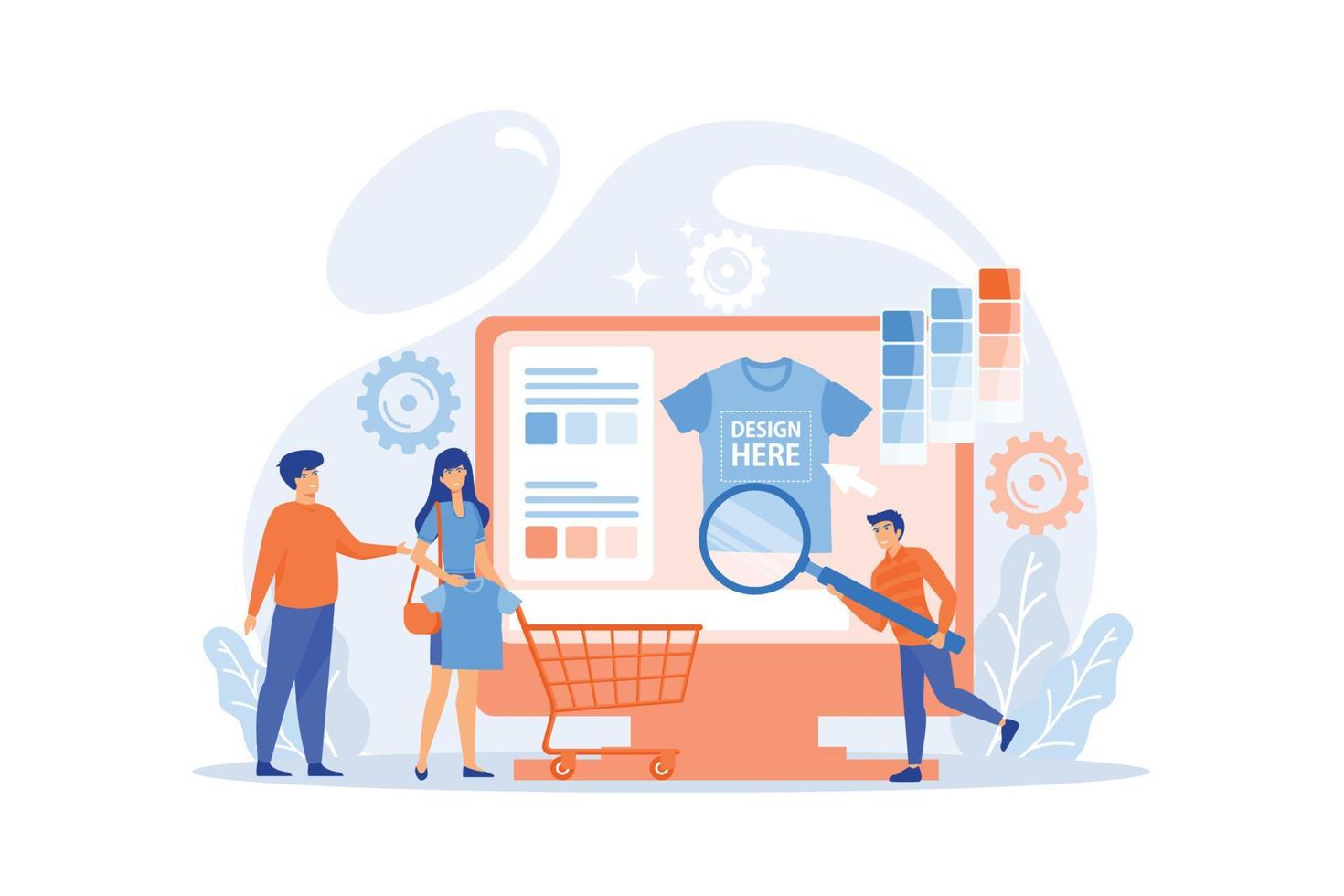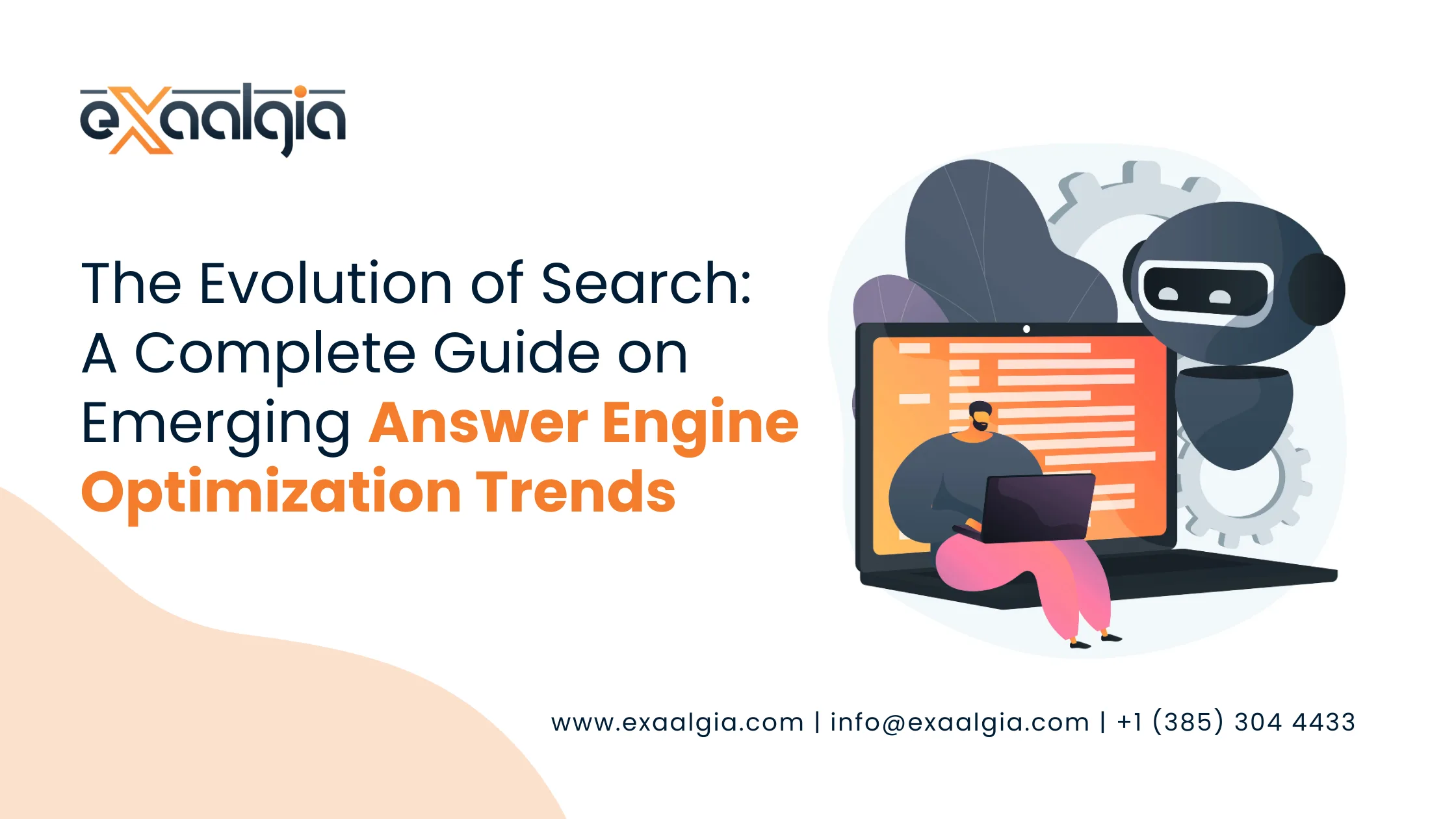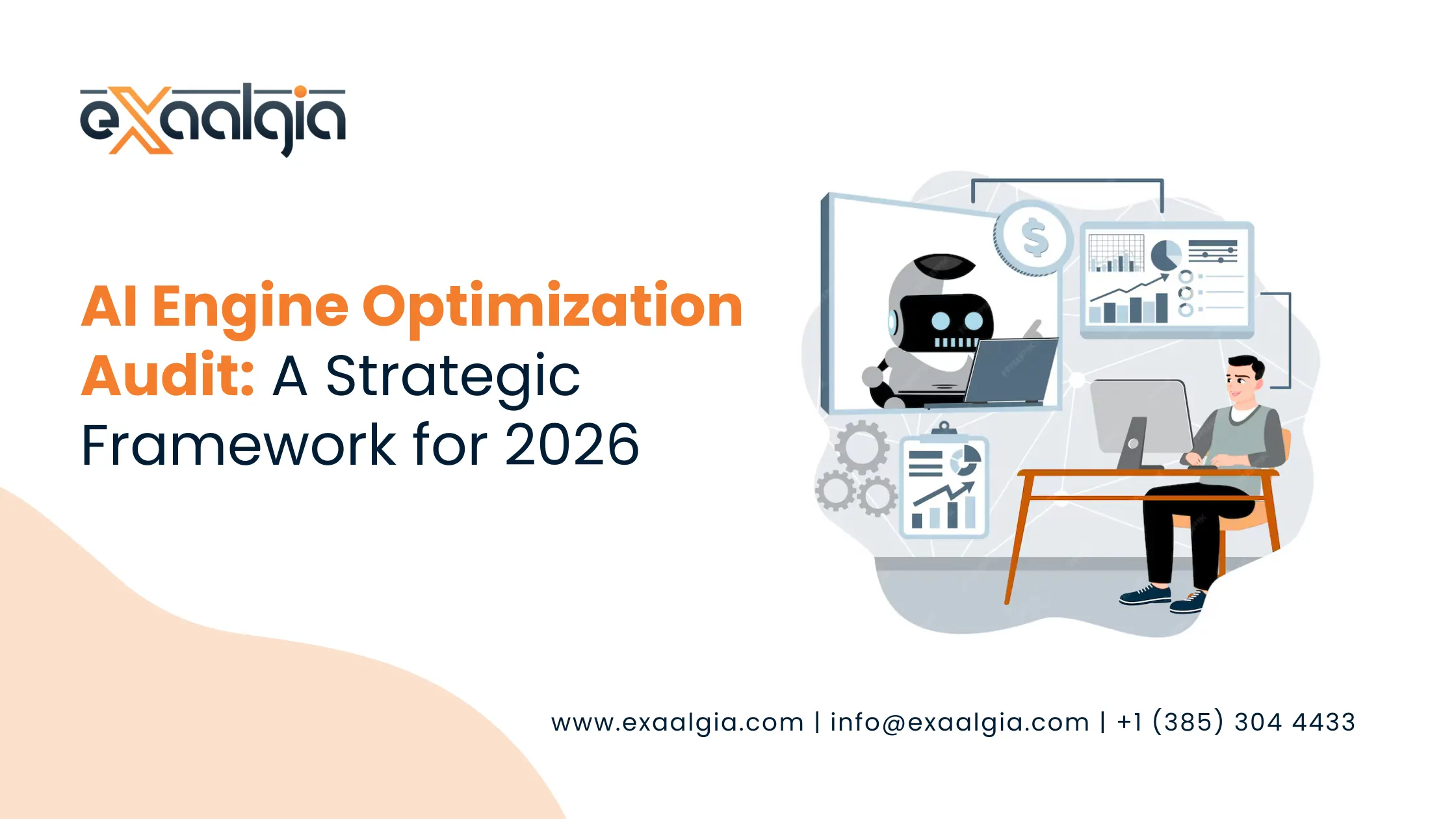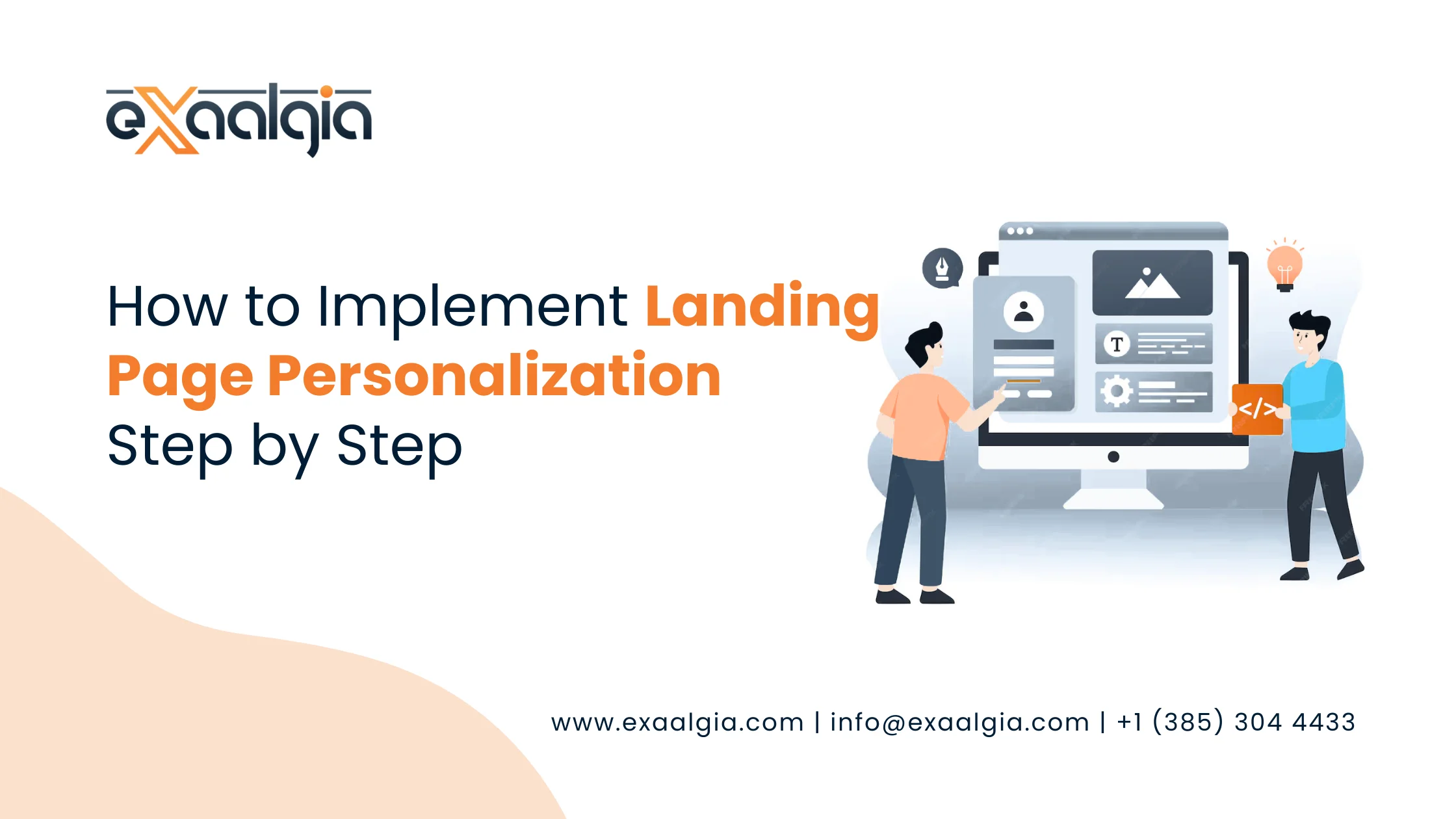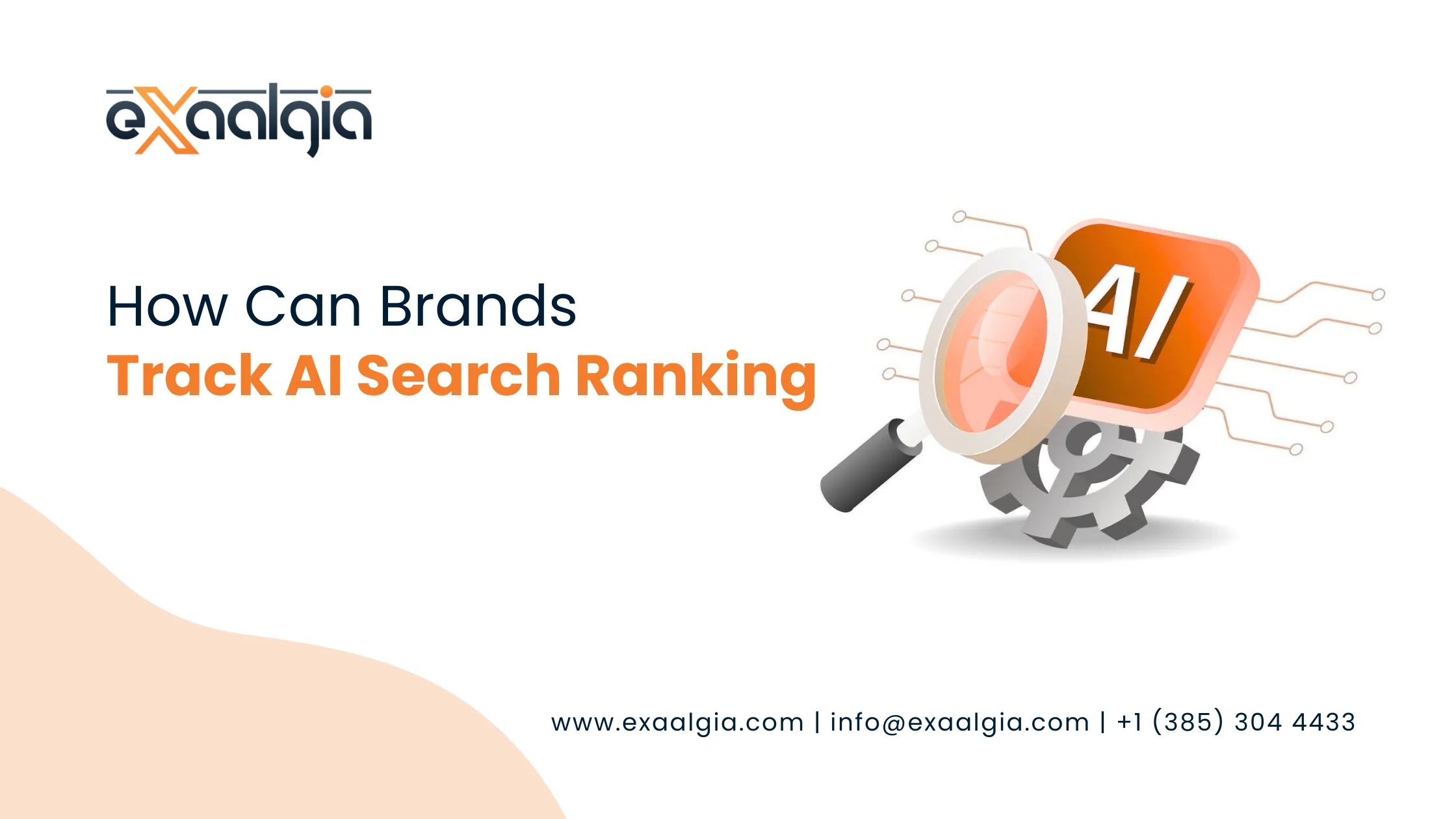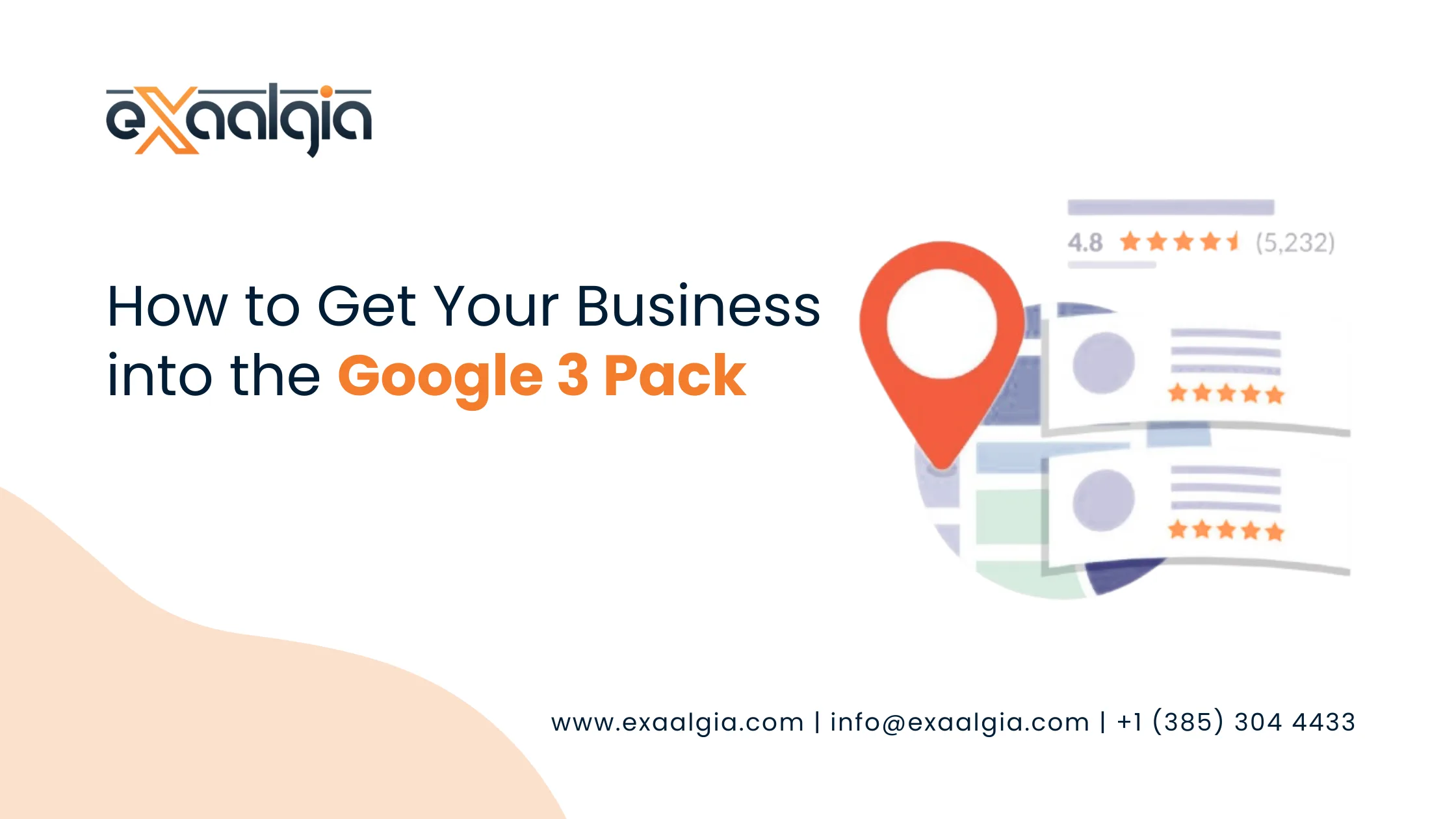But here lies the issue: most business owners get the wrong consultant, and by the time they notice, they’ve already spent time, money, and momentum.
In this guide, we’re going to take you through the top mistakes to steer clear of when engaging an ecommerce optimization specialist, and how to ensure you get the correct partner from day one.
Why Hiring the Right Consultant Matters
Ecommerce optimization is not about messing with your homepage or implementing a fresh product filter. It’s about grasping how your customers think, seeing where they fall off during the buying process, and designing an experience that makes them buy—and return for more.
A good consultant serves to make everything from load times and navigation to mobile responsiveness and checkout process better. And if they are excellent? They can transform your online store into a seamless, scalable conversion machine.
But only if you don’t fall into the traps that many store owners do.
Mistake #1: Selecting a Consultant on Hype
If someone is guaranteeing to “double your conversions in 2 weeks” or stating they possess a “secret formula” to send your sales through the roof— Pause. It’s tempting to get swept up in bold boasts, particularly when you’re desperate to see results. But flashy guarantees generally cover a shortage of genuine experience or knowledge.
What to do instead:
Seek out transparency. A quality consultant will provide you with a realistic timeline, discuss testing and iteration, and use examples of previous successes—with context. Ask them how they got the results, not simply the results themselves.
Mistake #2: Hiring Someone Without Ecommerce-Specific Experience
Optimization is not a one-size-fits-all proposition. A consultant who has only optimized service sites or blogs might not know the special challenges of ecommerce—such as dealing with product variations, abandoned shopping carts, and messy user paths.
What to do instead:
Ensure they’ve had experience with ecommerce brands in the past. Request case studies. If they have optimized similar businesses to your business in your niche, that’s a big win.
Mistake #3: Putting Price Ahead of Performance
It’s tempting to go with the lowest bidder, especially if you’re watching your budget. But cheap doesn’t always mean value. In fact, hiring a bargain consultant can end up costing more in the long run if their work stalls your growth—or worse, damages your brand reputation.
What to do instead:
Focus on return on investment, not just the upfront cost. A more experienced consultant may charge more, but they’ll likely deliver better and faster results that pay off in the long run.
Mistake #4: Not Asking About Their Process
You don’t need someone who puts the same Band-Aids on every website. If your consultant doesn’t have time to learn about your business, your customers, and your information, how can they develop a strategy that really works?
What to do instead:
Ask how they approach a new project. Do they conduct audits? Are they analyze your data? Do they talk to your team? A thoughtful, tailored process is a good sign you’re in capable hands.
Mistake #5: Assuming They’ll Handle Everything
Some offer total-service optimization, including implementation. Others do strategy only or analysis. Unless you specify their function at the beginning, you may have a plan that nobody on your staff knows how to execute.
What to do instead:
Be specific about what you require and ask them what they offer. Do they make modifications to your site themselves? Do they interact with your developers? Will you have to get someone else to implement it?
Mistake #6: Oversight of the Data Role
Optimization without data is like navigation without a compass. You want someone who makes decisions based on numbers—user behavior, heatmaps, conversion funnels—and not necessarily gut feeling or design trends.
What to do instead:
Ask what tools they use. Google Analytics, Hotjar, and A/B testing platforms should all be in their toolbox. More importantly, ask how they interpret that data to inform their recommendations.
Mistake #7: Ignoring Communication Style
Even the best consultant will not do you any good if they only show up for weeks at a time or dump jargon on you. What you want is someone who keeps you informed and makes things clear to you.
What to do instead:
In your initial discussions, observe how they interact. Are they concise? Do they hear your issues out? Are they open to frequent check-ins? Communication is important for a successful partnership.
Questions to Ask Before You Hire
These are ten impactful questions that you can use to have a better sense of whether a consultant will be good for your business:
Q.1 What’s your experience with ecommerce stores like mine?
Q.2 Can you provide recent outcomes or case studies?
Q.3 How do you usually start an engagement?
Q.4 What tools do you use to detect conversion problems?
Q.5 Do you spend time on strategy, implementation, or both?
Q.6 How do you define success?
Q.7 Will I need extra developers or designers to put your suggestions into action?
Q.8 How long is your average timeframe for improvements?
Q.9 How regularly will we touch base and discuss progress?
Q.10 What is included in your price—and what is extra?
Their response should provide you with confidence that they get your business, are aware of what they’re doing, and are laser-focused on your objectives—not simply selling their expertise.
What Makes a Consultant Worth Hiring?
So what differentiates a mediocre consultant from one that will actually revolutionize your online shop? Here are a couple of things to watch out for:
Strategic thinking: They don’t dive into tactics. They see the big picture and how every change impacts your customer journey.
Customer focus: They view your site from your customer’s perspective—not merely from a design or technical one.
Data fluency: They use hard data to support every decision.
Platform familiarity: Whatever platform your site is using, Shopify or BigCommerce, or even if it’s custom code, they must know how to optimize in that environment.
Clear communication: They tell you what they’re doing, why they’re doing it, and how it’s going to make you grow.
Building Trust from Day One
To hire a consultant is to grant someone access to your store, your finances, and your business objectives. That takes trust. A good consultant gains that trust by being transparent, by producing results, and demonstrating a clear commitment to your prosperity.
Seek out:
- Authentic testimonials and referrals
- A desire to share their work
- Straightforward answers to difficult questions
- Clear expectations and deliverables
Ultimately, a fantastic ecommerce optimization consultant isn’t merely a contractor—they’re a growth partner.
A Better Approach to Optimization
We get how much it matters that we get this choice right. That’s why we approach things differently. We begin with a dive into your store’s metrics, customer activity, and ongoing challenges. We don’t force fits with one-size-fits-all solutions—we develop a tailored roadmap based on your distinct objectives and brand.
From there, we walk you through each step, from finding low-hanging wins to making high-impact improvements. Whatever your interest in scaling your business, increasing conversions, or enhancing your site experience, we assist you in getting it right from the start.
Whether you’re centered on ecommerce website design or optimizing your store’s customer journey, we provide both technical expertise and human intuition required to make tangible change.
And yes, we’re fluent in search optimization too—many of our clients come to us after struggling with poor conversions despite investing in ecommerce SEO services.
Ready to Get It Right the First Time?
The best decision you can make is hiring the right ecommerce optimization consultant—but only with intention and clarity. By cutting through common pitfalls and asking the right questions, you can secure a trusted partner that assists your store in realizing its full capabilities.
Don’t be held back by confusion or past misfires. With the right expertise, your ecommerce store can do more, quicker—and wiser.
Frequently Asked Questions (FAQs)
1. What does an ecommerce optimization consultant really do?
They review your online store’s performance and recommend ways to boost sales, enhance user experience, and minimize cart abandonment.
2. How would I know whether I need an optimization consultant?
If you’re seeing traffic but not sufficient conversions—or if sales have leveled off—it’s time to call in the experts.
3. Do I hire a freelancer or a consulting firm?
It depends on your needs and budget. Freelancers may offer more personalized service, while firms can handle larger or ongoing projects.
4. How long does it take to see results from ecommerce optimization?
Most stores start seeing measurable improvements in 30 to 90 days, depending on the current state of the site and the strategies implemented.
5. What’s the difference between ecommerce optimization and general SEO?
SEO generates traffic; optimization targets converting that traffic into sales. Both are crucial, but they solve two different segments of the funnel.

